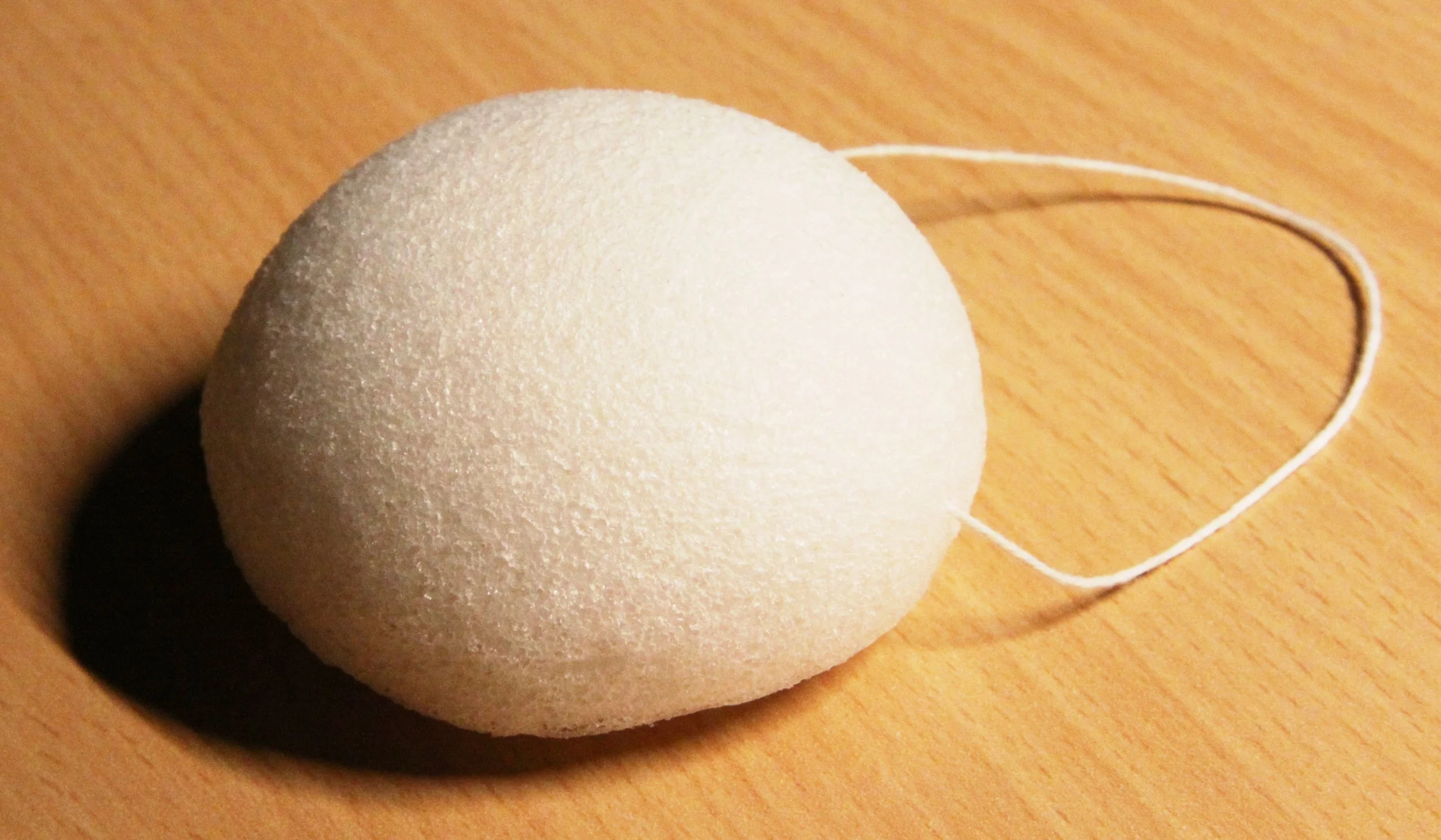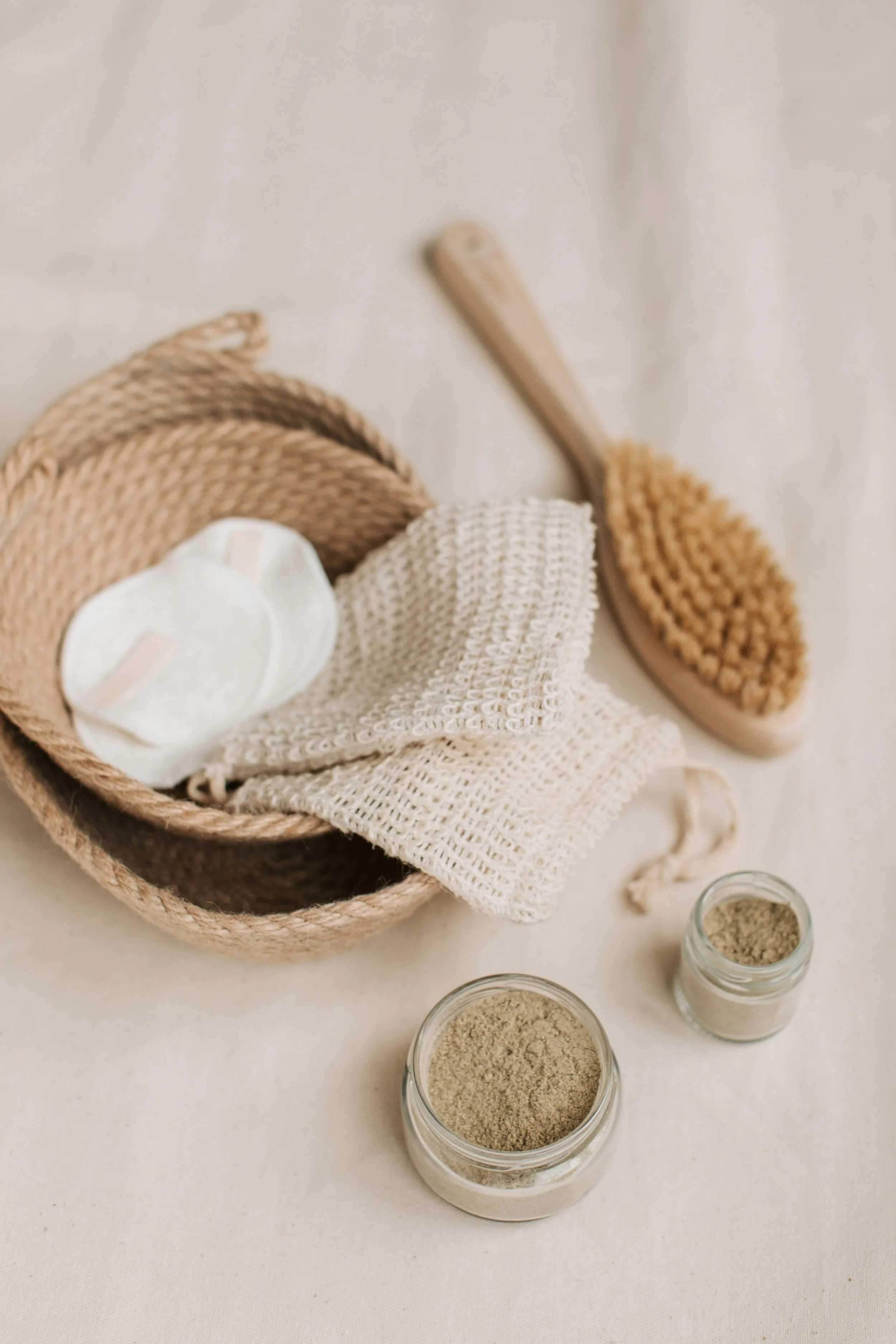Is the Loofah Sponge Eco-friendly
We all need to exfoliate now and then. Who better to do this then the trusty Loofah sponge. Let’s take a look at how sustainable they are.
First think to know, it’s actually called a Luffa sponge based on the plant it grows from. I imagine people in the U.S. modified the name to make it easier to say. Most think the sponge comes from the ocean, but it actually comes from places like your front yard — it’s a gourd!
Luffa gourd
Myth #1: Loofahs are Completely Eco-Friendly
While loofah sponges are derived from a plant, the luffa gourd, their environmental impact isn't entirely green.
Loofah farming can involve water-intensive practices, and transportation from distant growing regions contributes to their carbon footprint.
That’s why you can grow your own! I picked up some loofah seeds, popped them in the ground and had my first loofah gourd last year. It’s takes a bit of work to get the outer shell off, but be sure I am whistling a good shower tune knowing I grew my own. Plant a bunch, put them on trellises and you’ll have enough for the year.
The luffa (loofah) sponge
Myth #2: Loofahs Last Forever
Loofahs are biodegradable, a positive attribute. However, their lifespan as a shower sponge is limited. They deteriorate with use and harbor bacteria if not properly cleaned and dried, leading to frequent replacements. No worries, just toss them into your compost since they are a great source of fiber.
Myth #3: Loofah Alternatives are All Plastic
While some alternatives like loofah-like shower poufs are made of plastic, there are eco-friendly options available.
Natural alternatives like washcloths, sisal scrubbers, and konjac sponges offer cleansing power with a lower environmental impact.
Konjac sponge
Myth #4: Loofahs are More Hygienic Than Other Options
Loofahs, like any shower tool that harbors moisture, can trap bacteria if not cleaned and dried properly. Other options, like washcloths or silicone scrubbers, can be more easily disinfected between uses.
Loofah's Environmental Impact
Benefits: Natural, biodegradable, some consider them more effective for exfoliation.
Challenges: Water-intensive cultivation, transportation footprint, require frequent replacement if not properly cared for, can harbor bacteria if not dried properly.
Exploring Sustainable Alternatives for a Clean Conscience
Washcloths: Reusable, readily available, and come in various materials like cotton or bamboo. Opt for organic options for an extra eco-bonus.
Sisal Scrubbers: Natural fibers offer exfoliation, are durable, and biodegradable.
Konjac Sponges: Made from the konjac plant root, these sponges are naturally gentle and biodegradable.
Silicone Scrubbers: Durable, hygienic, and easy to clean, some are designed for sensitive skin. Opt for recyclable options at the end of their lifespan.
DIY Solutions: Consider creating reusable exfoliating mitts from natural fabrics like linen or hemp.
Hemp washcloth
Ranking Loofahs Among Sustainable Shower Options
Accuracy: The claim that loofahs are the most eco-friendly shower tool is inaccurate. Their environmental impact depends on farming practices, transportation, and user habits.
Ease of implementation: Switching from a loofah to a washcloth or another reusable option requires minimal adjustment.
Cost: While loofahs might seem affordable initially, frequent replacements can increase the cost over time. Sustainable alternatives can be more cost-effective in the long run.
Ethics: Supporting sustainable farming practices, minimizing waste, and opting for biodegradable options align with ethical considerations for environmental protection.
Impact on climate change: Reducing reliance on single-use products, minimizing transportation emissions, and choosing readily biodegradable options all contribute to mitigating climate change.
Overall: Loofahs offer some benefits, but their environmental impact deserves consideration. By embracing sustainable alternatives like washcloths, natural fiber scrubbers, or innovative options like konjac sponges, we can achieve a clean and comfortable shower experience without compromising the health of the planet.
Further Resources:





